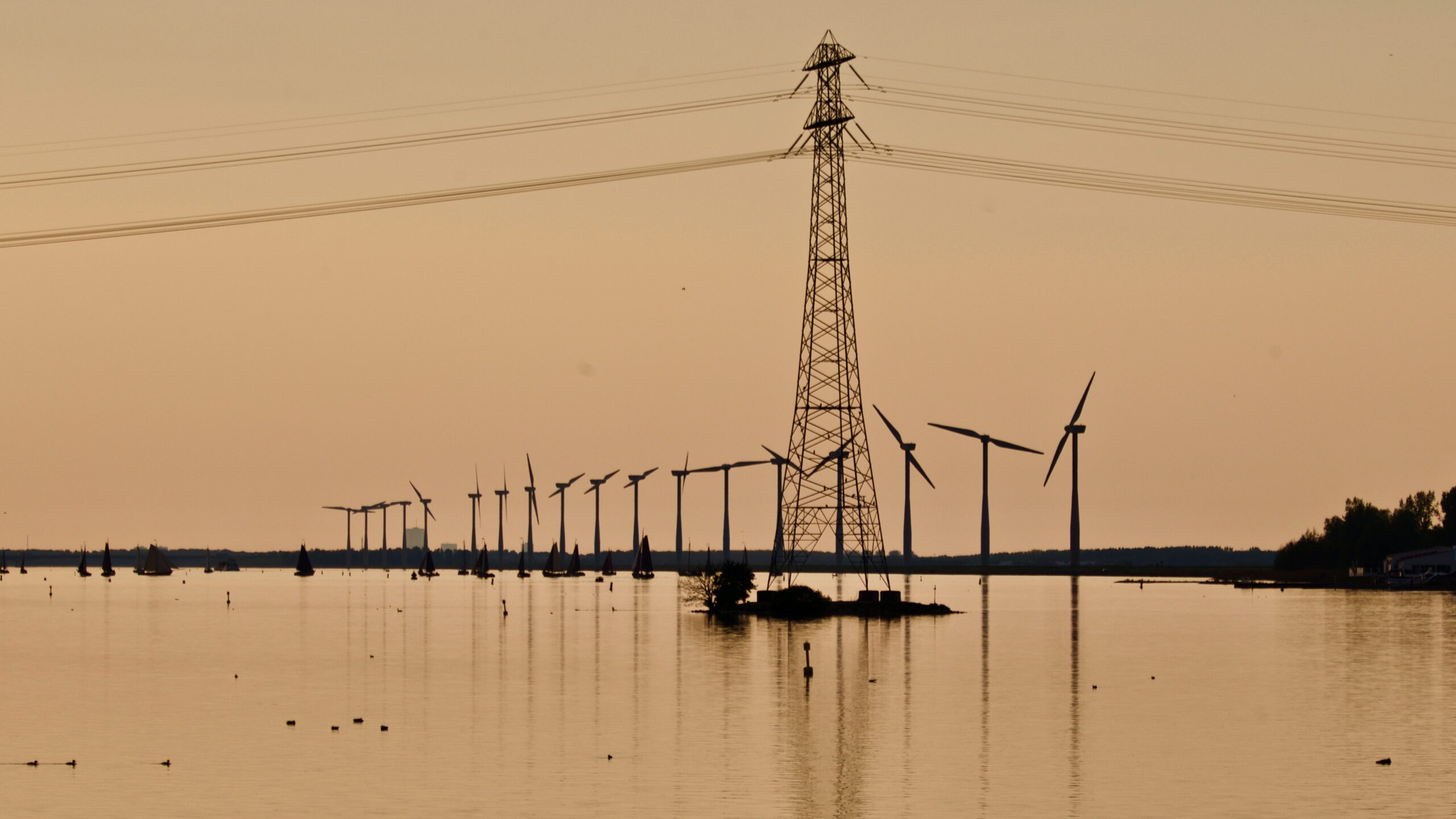The global energy transition is picking up speed — but it’s anything but straightforward. In the GE2 stream of the conference, speakers from FIIA, Sumitomo SHI FW, NATO, and others explored how climate ambition, industrial momentum, and geopolitical tension are colliding in real time.
What emerged was a clear picture: this transition isn’t just about tech or carbon targets — it’s a broader societal shift. Sure, investment and green jobs are booming, but infrastructure gaps and social inequalities are still major roadblocks. The call was for more community-owned energy models and a reminder that the transition needs to be inclusive and grounded in people’s everyday realities.
On the industry side, there’s promising action. We heard how companies are moving from invention to integration — building ecosystems that combine technologies like carbon capture and long-duration storage. Scaling solutions and being open to collaboration seem to matter more than inventing everything from scratch.
Security threats added another layer of complexity. From drone warfare to hybrid attacks on Europe’s energy infrastructure, it’s clear that energy is no longer just a resource — it’s a strategic vulnerability. The risks of dependency on non-democratic suppliers, especially for batteries and critical materials, are growing. Building local capacity and resilience is no longer optional.
In short: the energy transition is a race — not just against emissions, but against fragmentation, complexity, and strategic exposure.
Panel Discussion: What Accelerates — or Slows Down — the Energy Transition?
The panel, moderated by Anne Raudaskoski and joined by voices from policy, industry, and security, dug into the forces that shape the speed of the transition. Geopolitical turbulence — from the war in Ukraine to China’s grip on critical raw materials — came up as both a barrier and a surprising accelerator. In some cases, the crisis has pushed the EU into faster renewables adoption than politics alone ever could.
But it’s not just geopolitics. Misinformation, unclear regulations, and investor uncertainty are slowing things down. There’s often a mismatch between big EU-level goals and the realities on the ground, especially when it comes to things like mining and permitting.
Technology neutrality came up as key: the focus should be on clear goals, not fixed methods. Investors and innovators need consistency, not constantly shifting rules. And above all, local energy production, inclusion, and security were seen as essential — not just for sustainability, but for trust and resilience.
The takeaway? The energy transition isn’t just technical or economic. It’s political, social, and strategic. Moving forward will take collaboration across levels, transparency, and a renewed focus on people and place.


